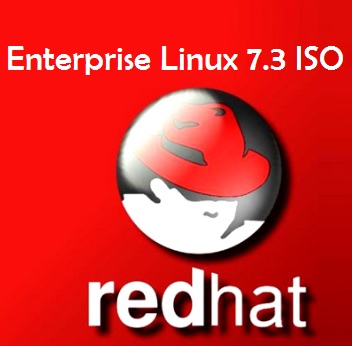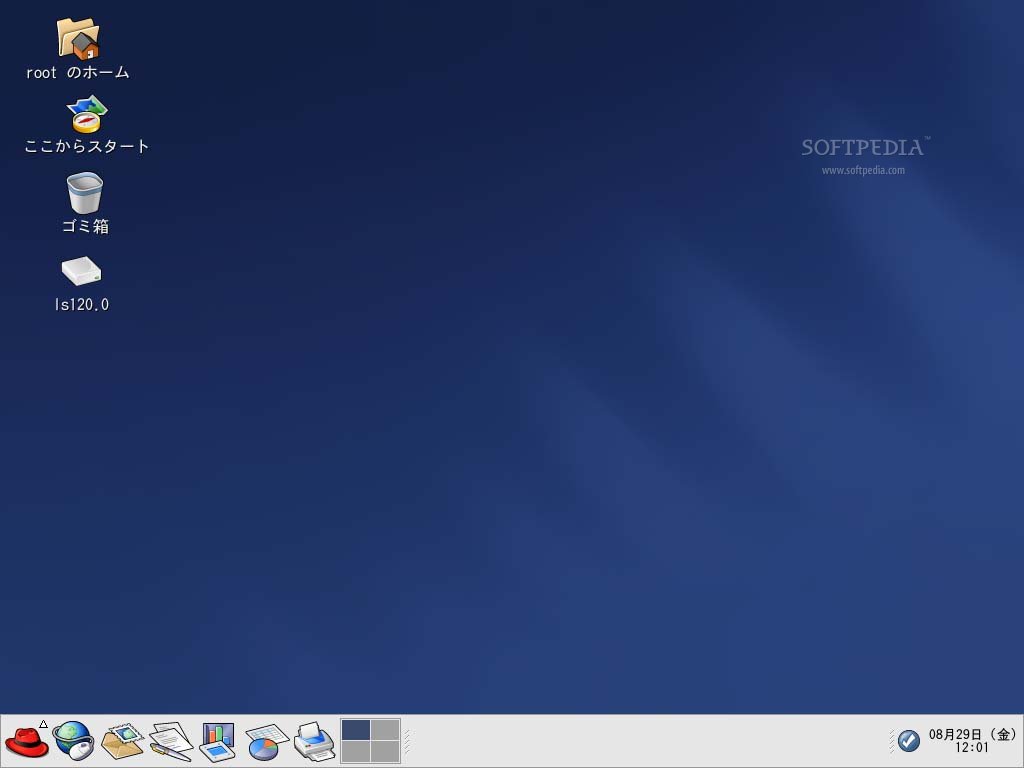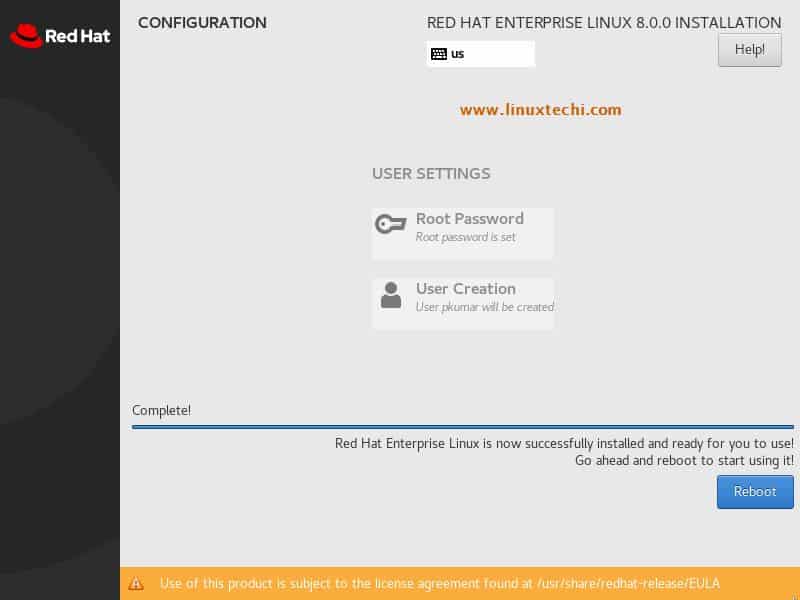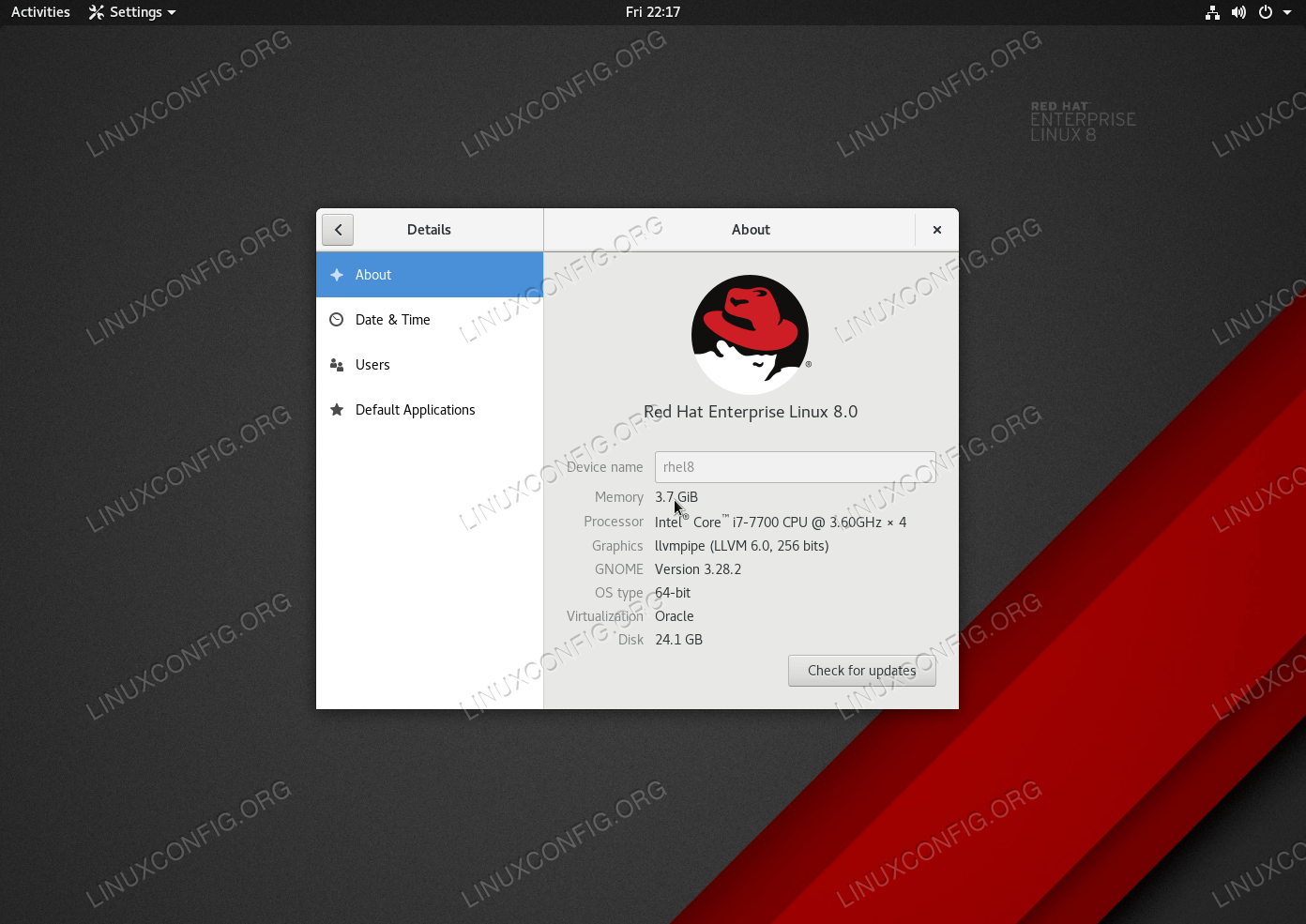- Download Redhat Linux Iso Image
- Linux Red Hat Free Download Download Iso Download
- Redhat 9 Iso Free Download
- Linux Redhat Server Download Iso
Linux.iso for virtualbox free download. Ventoy Ventoy is an open source tool that lets you create a bootable USB drive for ISO files. Red Hat Developer. We serve the builders. The problem solvers who create careers with code. Join us if you’re a developer, software engineer, web designer, front-end designer, UX designer, computer scientist, architect, tester, product manager, project manager or team lead. Where can I download Red Hat Linux 6.5/7 iso file other than torrent sites and official red hat site? Since 2016, Red Hat Enterprise Linux is available for free for developers who have joined the Red Hat Developer Program (also free). After you’ve downloaded the RHEL 7.4 DVD ISO image by following Red Hat Customer Portal download link, use a DVD burning software to burn the bootable image to a DVD or create a bootable USB flash drive stick with RHEL 7.4 image. Linux operating system free. download full version iso 32 and 64-bit. Linux Operating System. Friends, you must have installed and used Windows on your laptop or PC, but have you ever used Linux Operating System. Linux is a very popular OS, which is used by big IT companies and the entire Internet world today is the product of Linux itself.
- CPU: 1Ghz processor
- RAM: 768mb ram
- STORAGE: 8gb
- RESOLUTION: VGA screen 1024x768 resolution
- MEDIA: DVD drive or USB port for the ISO image
- CPU: 1.5GHz processor
- RAM: 1024mb ram
- STORAGE: 20gb
- RESOLUTION: VGA, DVI or HDMI screen 1366x768
- MEDIA: DVD drive or USB port for the ISO image
MINIMUM RECOMMENDED SPECIFICATIONS:
PREFERRED SPECIFICATIONS:
Standard package list and more details here.
Check out our hardware database here.
How do I put Linux Lite on a DVD or USB? Click here.
How do I download with BitTorrent? Click here.
Download BitTorrent for Windows or Mac here. Linux users here.
Want a personalised DVD or a stylish USB key with Linux Lite already loaded? Click here to visit our Secure Online Shop and choose from a range of products. Thank you for your support.
In Windows Search, type msinfo or msinfo32 and launch the desktop app named System Information. Look for the BIOS Mode item, and if the value for it is UEFI, then you have the UEFI firmware. If it says BIOS Mode Legacy, then that’s the firmware you’re running. Also, in general, UEFI-enabled machines have faster startup and shutdown times as compared to BIOS-Legacy machines. If you bought the computer/motherboard after 2010, chances are you have a UEFI system. If you are still unsure, download the UEFI version as it will also detect and run on a BIOS-Legacy computer.
It is highly recommended that you turn off Secure Boot or you will have a far less enjoyable computing experience. To disable Secure Boot, see here.
Linux Lite 5.2 Final is now available for download and installation with full UEFI support. This is the most feature rich, complete Linux Lite release to date. This is the release many people have been waiting for. Linux Lite makes the transition to a linux based operating system by offering a full, Microsoft compatible Office suite, familiar software like Firefox, Chrome, Teamviewer, VLC as well as full system back up tools, a comprehensive - easy to follow Help Manual to guide you on your journey, Steam so you can keep playing your Windows games and so much more familiar software. Our Desktop is laid out just like it is in Windows with a Start Menu to the left and a tray to the right with Volume, Network and Calendar options. See below for What's New.
COMMON SOFTWARE
Web Browser - Firefox 82.0
Email Client - Thunderbird 68.10.0
Office Suite - LibreOffice 6.4.6.2
Media Player - VLC 3.0.9.2
Image Editor - Gimp 2.10.18
System Backup and Restore - Timeshift 20.03
File Manager - Thunar 1.8.14
Base: 20.04.1
Kernel: 5.4.0-52 (custom kernels are also available via our Repository for versions 3.13 - 5.9)
Download Redhat Linux Iso Image
Series: 5.x
DESKTOP UI
Window Theme: Adapta
Icon Theme: Papirus
Font: Roboto Regular
WHAT'S NEW
Removed Adobe Flash, now unsupported
Removed defunct GTK2 themes
Added SimpleScreenRecorder, Teams and Zoom to Lite Software
Added easy toggle ON/OFF for FirewallD in Settings Manager
Added easy toggle ON/OFF for Lite Widget in Settings Manager
Added Battery Status to Lite Widget (Laptops only)
Added more Screensavers
Added more Printer drivers
Added Spellcheck for LibreOffice (US only)
Added Restore Taskbar feature to Lite Tweaks
Added new Wallpapers
Updated UEFI files for build process
Fixed Lite Sounds bug
Fixed Notifications bug
Latest Papirus icons theme
Grub image - now transparent
If you are writing the ISO to a USB on Windows, Mac or Linux, you need use Etcher - https://www.balena.io/etcher/ We only support Etcher as it has shown to be the most reliable in our testing.
Linux or Mac command line:
Yumi, Multiboot and other multi-boot applications are not supported. If you do use unsupported third party software to burn Linux Lite to a USB, try logging in with ubuntu as the username and password, or just as the username, no password.
If the screen locks during Live mode, type linux or one of the above usernames into the user box and click on the Login button (no password required)
Linux Lite 5.2 64bit - 1st November, 2020
FILENAME: linux-lite-5.2-64bit.iso
SIZE: 1.4GB - DVD, USB
MD5SUM: 75acfa25daf0117c37d9ceb72545fb89
SHA256: abd13a1aafc5824b68ea3b1e007e85ce39b2e3904f62f4de78f98d7cb5cd4104
HTTP MIRRORS: Click here
TORRENT HASH: 33ca7e486294da8191a3d675934cc38a92cf2267
LIVE USER: Login to the live desktop is automatic
Need a great download tip? Here's one straight from the developers.
Consider popping in a small donation. This will really help us get closer to our goal of being 100% community funded. Thank you.
(You do not need a PayPal account, you can use your Credit Card to tip.)
For a range of donate options, check out our Donate page.
When your download has finished, drag and drop the ISO or click on the box below to navigate to your downloaded ISO.
Then check it against the MD5SUM for your ISO just above.

Your file will not be uploaded. instead, we use some clever pixie dust to do the magic.
There will be no 32bit ISO from Series 4.x onwards. If you still need to run a 32bit operating system, our Series 3.x is supported until April, 2021. Download it from here.

To upgrade from within a Series, click on Menu, Favorites, Install Updates (you must reboot if prompted to) then Menu, Settings, Lite Upgrade.
There is no upgrade path to or from RC releases.
There is no upgrade path from Series to Series.
Linux Lite releases are announced and ready 12AM New Zealand Time on the 1st of that months release date.
Other time zones:
Australia, Perth - 8PM (31st)
Brazil - Rio de Janeiro - 9AM (31st)
Canada - Montreal - 8AM (31st)
China - Beijing - 7PM (31st)
Finland, Helsinki - 1PM (31st)
France, Paris - 2PM (31st)
India, Mumbai - 5.30PM (31st)
Israel, Tel Aviv - 3PM (31st)
Japan, Tokyo - 9PM (31st)
Kuwait, Kuwait City - 3PM (31st)
Australia, Sydney - 10PM (31st)
Pakistan, Lahore - 5PM (31st)
Russia, Moscow - 3PM (31st)
South Africa, Cape Town - 2PM (31st)
Spain, Madrid - 2PM (31st)
United Kingdom, London - 1PM (31st)
United Arab Emirates, Dubai - 4PM (31st)
USA, New York - 8AM (31st)
The release schedule for Linux Lite.
Linux Lite 5.8 Release - 1st February 2022 (End of Support April 2025)
Linux Lite 5.6 Release - 1st September 2021
Linux Lite 5.4 Release - 1st April 2021
Linux Lite 5.2 Release - 1st November 2020
Linux Lite 5.0 Release - 1st June 2020
Linux Lite 4.8 Release - 14th January 2020 (End of Support April 2023)
Linux Lite 4.6 Release - 1st September 2019
Linux Lite 4.4 Release - 1st April 2019
Linux Lite 4.2 Release - 1st November 2018

Linux Lite 4.0 'Diamond' Release - 1st June 2018
Linux Lite 3.8 Release - 1st February 2018 (End of Support April 2021)
Linux Lite 3.6 Release - 1st September 2017
Linux Lite 3.4 Release - 1st April 2017
Linux Lite 3.2 Release - 1st November 2016
Linux Lite 3.0 'Citrine' Release - 1st June 2016
Linux Lite 2.8 Release - 1st December, 2014 (End of Support April 2019)
Linux Lite 2.6 Release - 1st April, 2015
Linux Lite 2.4 Release - 1st September, 2015
Linux Lite 2.2 Release - 1st February, 2016
Linux Lite 2.0 'Beryl' Release - 1st June, 2014
Red Hat Enterprise Linux is the world’s leading enterprise Linux platform, now optimized for development.
With new developer-centric features like container tools, advanced language support, and application streams, Red Hat Enterprise Linux 8 (RHEL) is the most developer friendly Linux ever. Red Hat Developer members have full access to RHEL 8 software, documentation, and how-tos.
If you're familiar with Red Hat Enterprise Linux, then this is the place to get started.
Get started on RHEL 8
Red Hat Enterprise Linux 8 introduces new features that accelerate your application development including installation, coding, tool selection and setup. It includes dozens of runtime languages, compilers, databases, and web and cache servers.
Start with these commands below for your first time through.
For the impatient, use this yum syntax to install an Application Stream @modulename[:version]
Most recent version:
Or, install a specific version:
Use this if you want to see a list of what’s available:
For container development, RHEL 8 adds new Linux container tools: Buildah (container building), Podman (running containers) and Skopeo (sharing/finding containers). You can easily build images based on the many Application Streams.
For a quick reference to new RHEL 8 commands, download the Red Hat Enterprise Linux 8 Cheat Sheet for tips.
The most developer-friendly Linux ever.
Easy configuration for Windows users and Linux beginners.
RHEL 8 provides enhanced usability, as well as familiar, intuitive deployment and management features
Faster times to “Hello World” and real productivity.
Application Streams make a wide selection of open source tools, including languages, runtimes, databases, and web servers, ready to be installed with a single command. Through Application Streams, you can pick the version of tools you need for your project and easily switch if necessary.
Container development tools.
Expanded set of container development tools. RHEL 8 provides an easier transition to containerized workloads with new container tools such as Buildah, Podman, Skopeo, and CRI-O.
Convenience across RHEL versions and OpenShift.
Most open source programming languages, compilers, web tools, databases run on RHEL 7 and RHEL 8 and OpenShift.
How to know if your code is secure.
Red Hat Enterprise Linux a trusted platform for your business, and RHEL 8 continues to build on this tradition. Features like System Wide Encryption Policy, Nftables/firewalld, and Red Hat Insights mean less effort and time spent managing and configuring services, without compromising security needs.
Develop for containers with podman
Red Hat’s lightweight, open standards-based container toolkit is now fully supported and included with Red Hat Enterprise Linux 8. Built with enterprise IT security needs in mind, Buildah (container building), Podman (running containers), and Skopeo (sharing/finding containers) help developers find, run, build, and share containerized applications more quickly and efficiently, thanks to the distributed and daemonless nature of the tools.
RHEL 8 development tools
Red Hat Enterprise Linux 8 includes Application Streams of multiple versions of languages, compilers, databases, and other tools available - all are part of the subscription. The following components are currently available within RHEL 8:
Languages & compilers
- .NET Core 2.1
- Clang/LLVM Toolset 6.0
- GCC 8.2 (system compiler)
- Go Toolset 1.11
- Java 8 and 11
- Node.js 10
- Perl 5.26 and 5.24
- PHP 7.2
- Python 3.6 and 2.7
- Ruby 2.5
- Rust Toolset 1.31
- Scala 2.10

Databases, web tools, etc.
- MariaDB 10.3
- MySQL 8.0
- PostgreSQL 10.5 and 9.6
- Redis 5.0
- Apache httpd 2.4
- Nginx 1.14
For a complete list of packages available in the Appstream repo, type
Linux Red Hat Free Download Download Iso Download
Introducing CodeReady Builder
The RHEL 8 introduces a new repository, the CodeReady Linux Builder (or “Builder” for short) that developers may need while developing applications for RHEL. As you all know “developer” is not a one size fits all term.
Installation
Documentation
Redhat 9 Iso Free Download
Linux Redhat Server Download Iso
